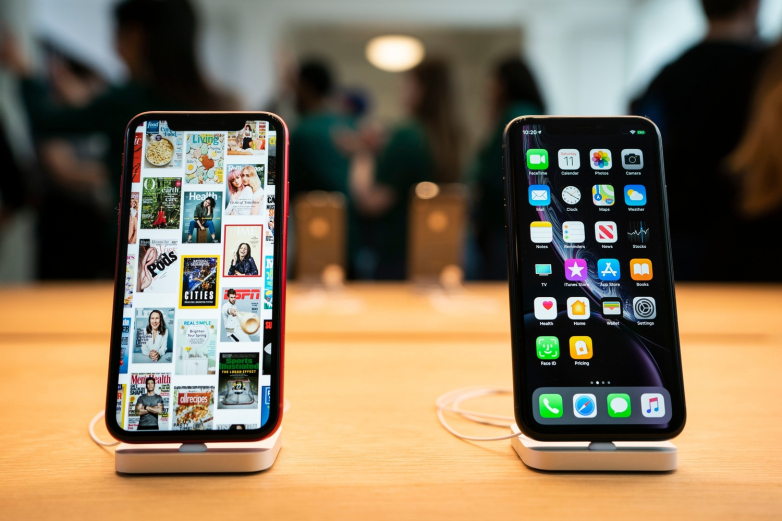
With the iPhone now accounting for less than half of Apple’s quarterly revenue, the old narrative that we’ve reached “peak iPhone” has re-surfaced yet again. And if we’re being honest, it’s not such an outlandish view to hold these days. After all, iPhone sales over the past few quarters, at best, have remained steady. Thanks to more reliable devices, incremental upgrades, and the elimination of generous carrier subsidies, the reality is that iPhone owners simply aren’t upgrading to new devices the way they used to.
Looking ahead, that dynamic may be poised to change. Apple’s forthcoming iPhone 11 lineup likely won’t boost iPhone sales in a meaningful way, but the iPhone 5G Apple is expected to launch in 2020 could very well prompt a massive refresh cycle the likes of which we haven’t seen since the iPhone 6 arrived 2014.
This, of course, isn’t a wild prediction by any means. While not every iPhone owner cares about Face ID or a marginally more advanced camera system, a blazing fast 5G cellular connection is one feature that can engender excitement among all iPhone users. Further, 5G coverage will be far more expansive by the time Apple’s 5G iPhones hit store shelves in about 12 months from now, which is to say upgrading to a 5G device next year will be far more practical than it is today.
Speaking to the upgrade potential for the iPhone 5G, Piper Jaffray analyst Michael Olson recently conducted a survey and found that interest in a 5G iPhone is mounting and may rival the upgrade interest we saw with the iPhone 6. Whereas 18% of respondents expressed interest in a $1,200 5G iPhone a few months ago, Olson’s new survey found that that figure rose to 23% in September.
Beyond 5G, Apple’s 2021 iPhone lineup may be intriguing in its own right.
Over the past few weeks, we’ve seen a few rumors suggesting that Apple’s iPhone in 2021 will not only boast Face ID, but Touch ID built into the display itself. While current implementations of in-screen fingerprint sensors leave much to be desired, it’s a safe bet that Apple would only go down this route if it can truly perfect the technology. Recall, Touch ID wasn’t the first fingerprint authentication scheme, but it was unarguably the best implementation when it initially launched on the iPhone 5s.























